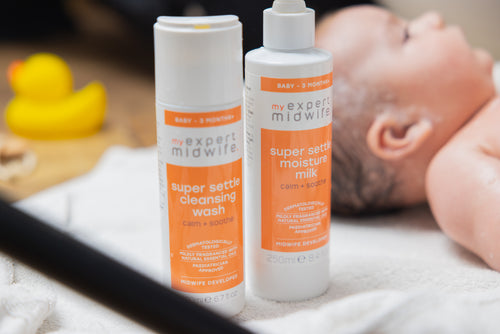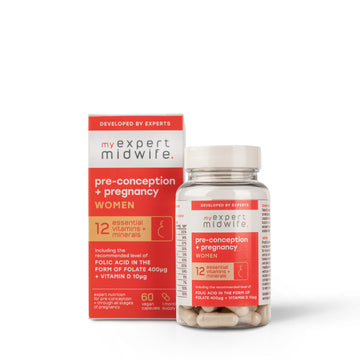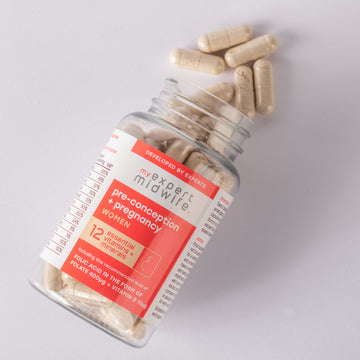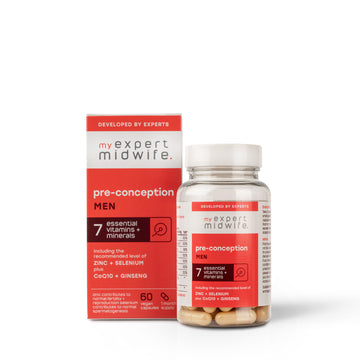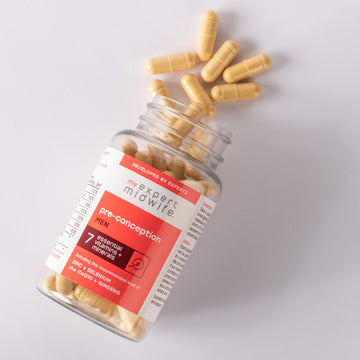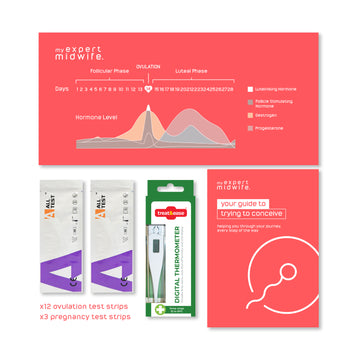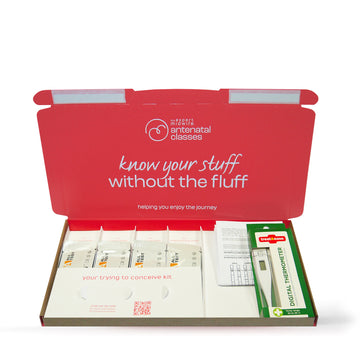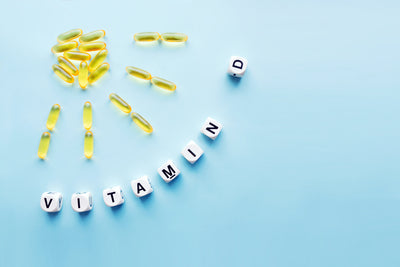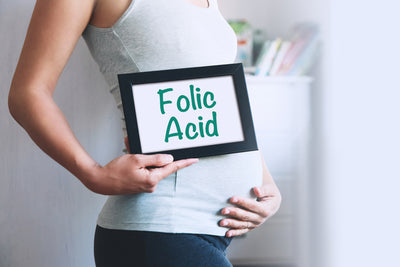As cliché as it may sound, we are - in significant part - what we eat. Eating healthily makes us feel and look better and affects our bodies in ways we may not see.
One of these ways is in our fertility.
In this article, we will look at the best foods for increasing fertility in women. We will also tell you what foods can increase the risk of ovulatory infertility and are, therefore, best to avoid when you are trying to get pregnant.
We aim to inform you how, with a few simple changes, you can improve your chances of becoming pregnant and pave the path for a healthy pregnancy and a healthier future.
Foods to eat when trying to conceive & nutrients that support a healthy ovulation
1. Omega-3 Fatty acids
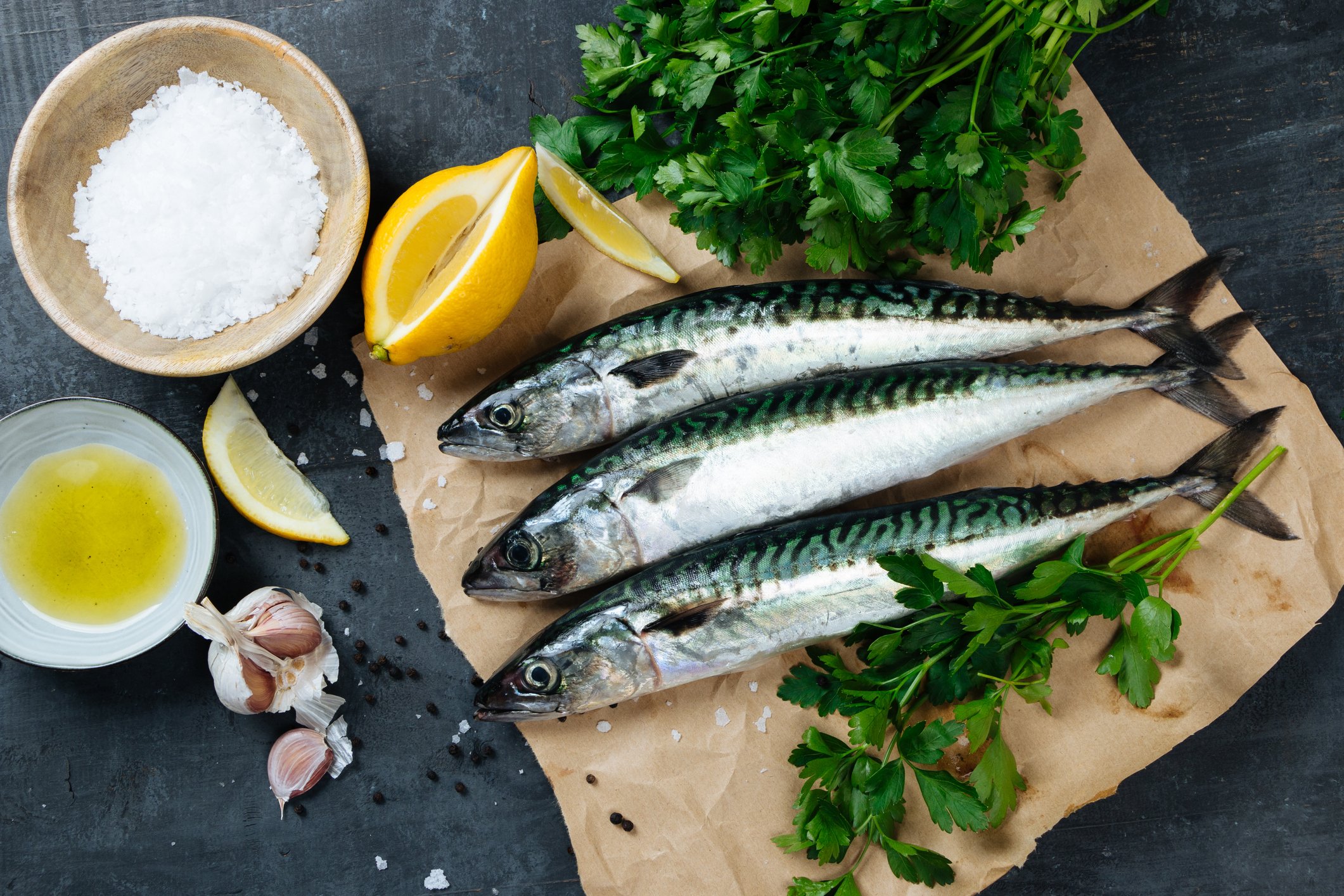
They are found in oily fish such as mackerel, sardines, salmon, tuna and herring, as well as in flaxseed, seaweed, chia seeds, hemp seeds and walnuts.
These healthy fatty acids can help improve the quality of your eggs and delay their ageing. They may also benefit your developing baby by helping nerve development.
In general, fish is one of the best fertility foods for women and we think it’s a good idea to consider incorporating it into your diet if you’re looking to increase female fertility.
2. Vegetable protein
Increased vegetable protein intake has been associated with improved fertility in women, whereas a high animal protein intake is linked to decreased fertility.
Although it is still unclear exactly how protein affects ovulation, it is thought to play an essential role in reducing hyperinsulinemia (excessive insulin levels).
Vegetable protein is primarily found in:
- Beans and legumes
- Ancient grains like quinoa or amaranth
- Nuts and seeds
- In smaller quantities, in some vegetable
All of these foods act as an excellent source of natural vegetable protein within a fertility diet.
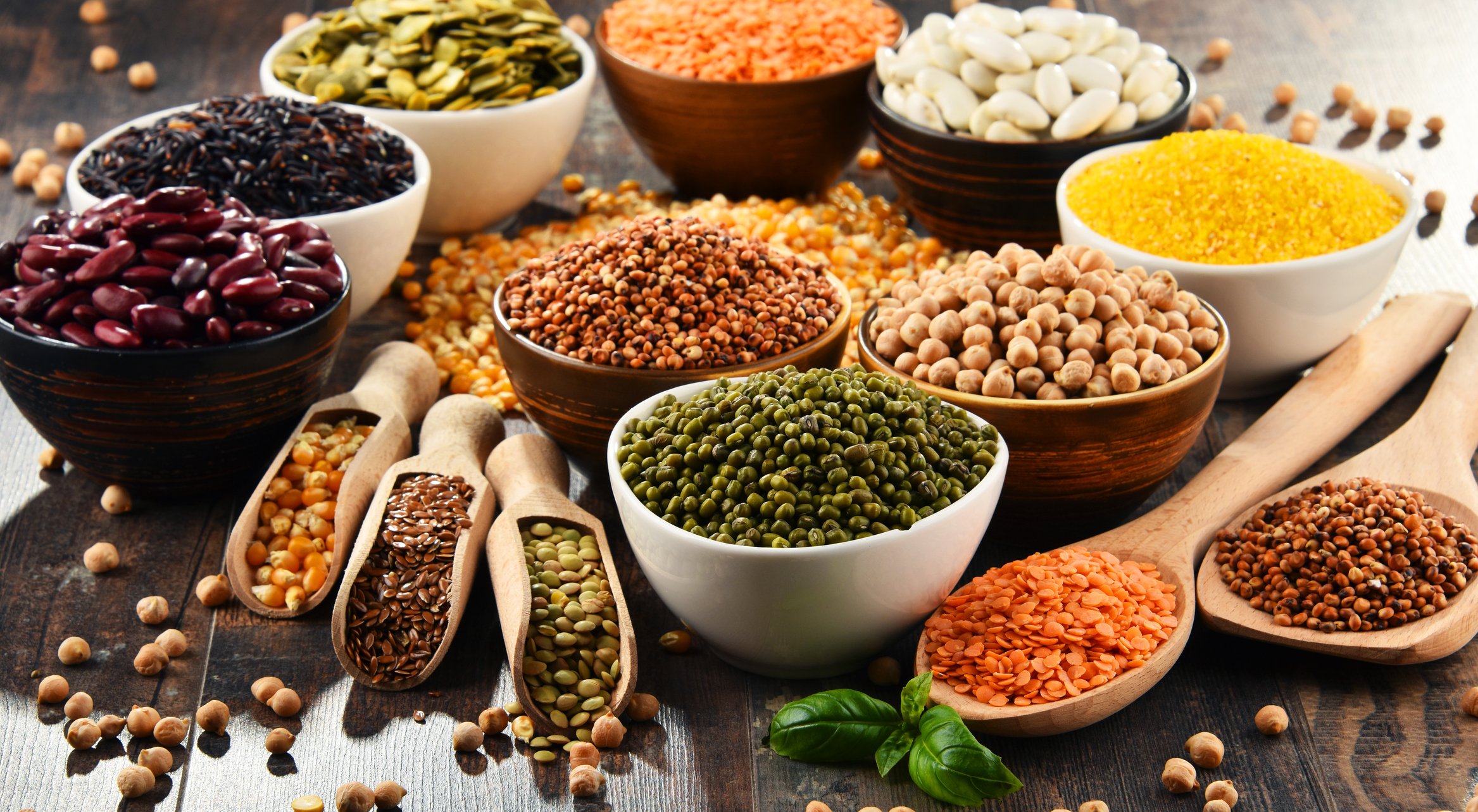
Popular foods rich in vegetable protein include:
- Tofu and tempeh (made from soybeans)
- Hummus (made with chickpeas)
- All dishes containing beans or legumes (stews, soups, veggie burgers)
- All nut butter
- Aalads, soups or curries prepared with or accompanied by grains like quinoa
You can still consume animal protein whilst reducing the amount and frequency you do, and maintaining a healthy level of animal protein in your diet is also one of the best ways for both men and women to achieve high levels of healthy fats in the body.
3. Folate
It is an essential B vitamin that plays a crucial role in your overall health, helping with cell metabolism and forming new cells.
Adequate amounts help to counteract the effects of stress on the body, which, in turn, improves fertility. It is also of great importance for the healthy development of your baby in the early weeks of pregnancy.
Some of the best fertility foods for getting pregnant which are rich in folate include:
- Dark leafy greens (broccoli, kale, Brussels sprouts)
- Asparagus
- Legumes
- Beets
- Citrus fruits
- Nuts
Some foods, such as bread and cereals, are fortified with folic acid - the synthetic (manmade) form of folate.
Together with diet, supplements containing folate (or folic acid) can help achieve and maintain optimal folate levels in your body.
Read more about the role of folate and folic acid in pregnancy here.
4. Vitamin D
The next addition to our fertility foods list is a collection of foods that are rich in Vitamin D.
The sunshine vitamin can help boost your immune system, regulate your hormones and has anti-inflammatory properties, all of which are thought to help with ovulatory dysfunction, hormonal imbalances, insulin resistance and, thus, your fertility.
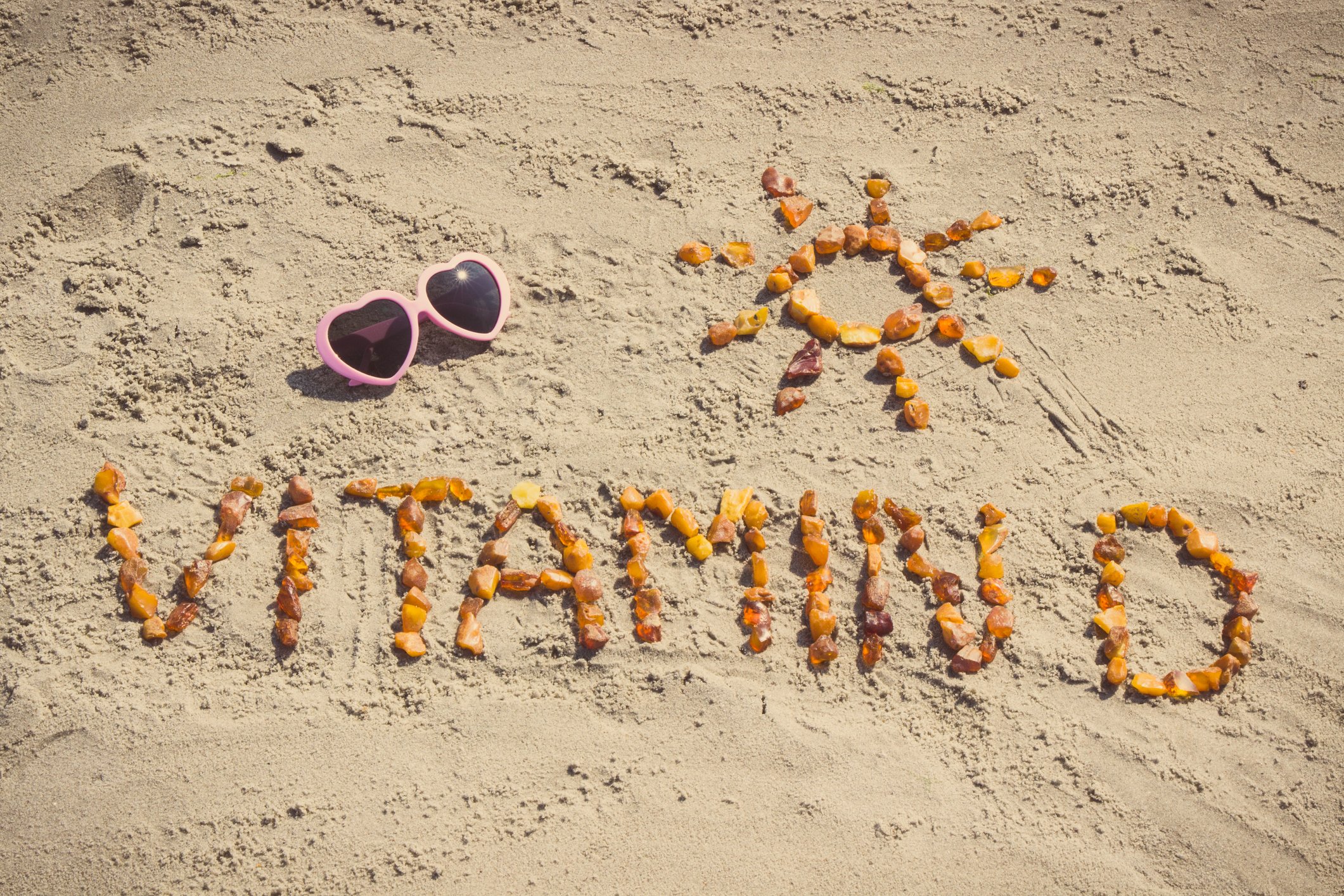
Although we should get most of our vitamin D from exposure to sunlight, this is not easy - or always safe - to do.
Foods rich in vitamin D include:
- Trout
- Salmon
- Mushrooms (exposed to UV-B radiation post-harvest/post-drying)
- Sardines
- Egg yolks
- Cheese
- Chicken breast
- Vitamin-D fortified foods
- Some dairy and plant-based milk
- Breakfast cereals
Yet, to be sure that you have adequate vitamin D levels, taking a daily supplement whilst trying to conceive - and, certainly, once you become pregnant - is strongly recommended.
You can read more about the role of vitamin D in pregnancy here.
5. Antioxidants
Antioxidants protect your cells from oxidative stress, which can cause damage, premature ageing and inflammation in all your body systems, including your reproductive system.
Berries, herbs and spices rank highest in the concentration of antioxidants. Other antioxidant-rich foods include nuts, vegetables and dark chocolate.
6. Complex carbohydrates
Foods with a low glycaemic index (GI) help prevent the peaks and troughs in blood sugar provoked by simple carbohydrates (such as white flour, sugary foods, white potatoes, etc.) and foods high in trans fats.
Low GI foods release energy slowly, maintaining your blood sugar and, thus, your insulin levels to be steady and stable.
Whole grains and wholemeal cereals, beans, legumes, some fruits and most non-starchy vegetables - and some starchy vegetables such as sweet potato - are examples of complex carbohydrates.
As well as increasing your chances of conceiving, a diet based on low GI foods will reduce your risk of developing Type 2 diabetes, high blood pressure and heart disease and help you maintain a healthy weight.
Foods that you are best to avoid when trying to conceive
Certain foods can harm your hormonal function, disrupt ovulation and reduce your chances of conceiving. Some of these foods are:
1. Sugar & artificial sweeteners

Excess sugar causes inflammation and glycation - a process by which sugar molecules stick to specific proteins in the body, which can cause inflammation of the uterus and ovarian ageing.
Sugar-sweetened drinks and foods high in sugar can negatively affect egg quality and are linked to ovulatory disorders. Women who consume excess sugar tend to take longer to get pregnant.
To give you an idea, a glass of orange juice contains approximately 8 tsp of sugar, a can of cola at least 7 tsp of sugar, and your average sports drink can have up to 13 tsp of sugar!
However, artificial sweeteners are not the solution. Artificial sweeteners create a cortisol response, which stresses your system and can disrupt or even inhibit ovulation.
The solution is natural (or less processed) sweeteners like maple syrup, honey, stevia or xylitol.
2. Simple or refined carbohydrates
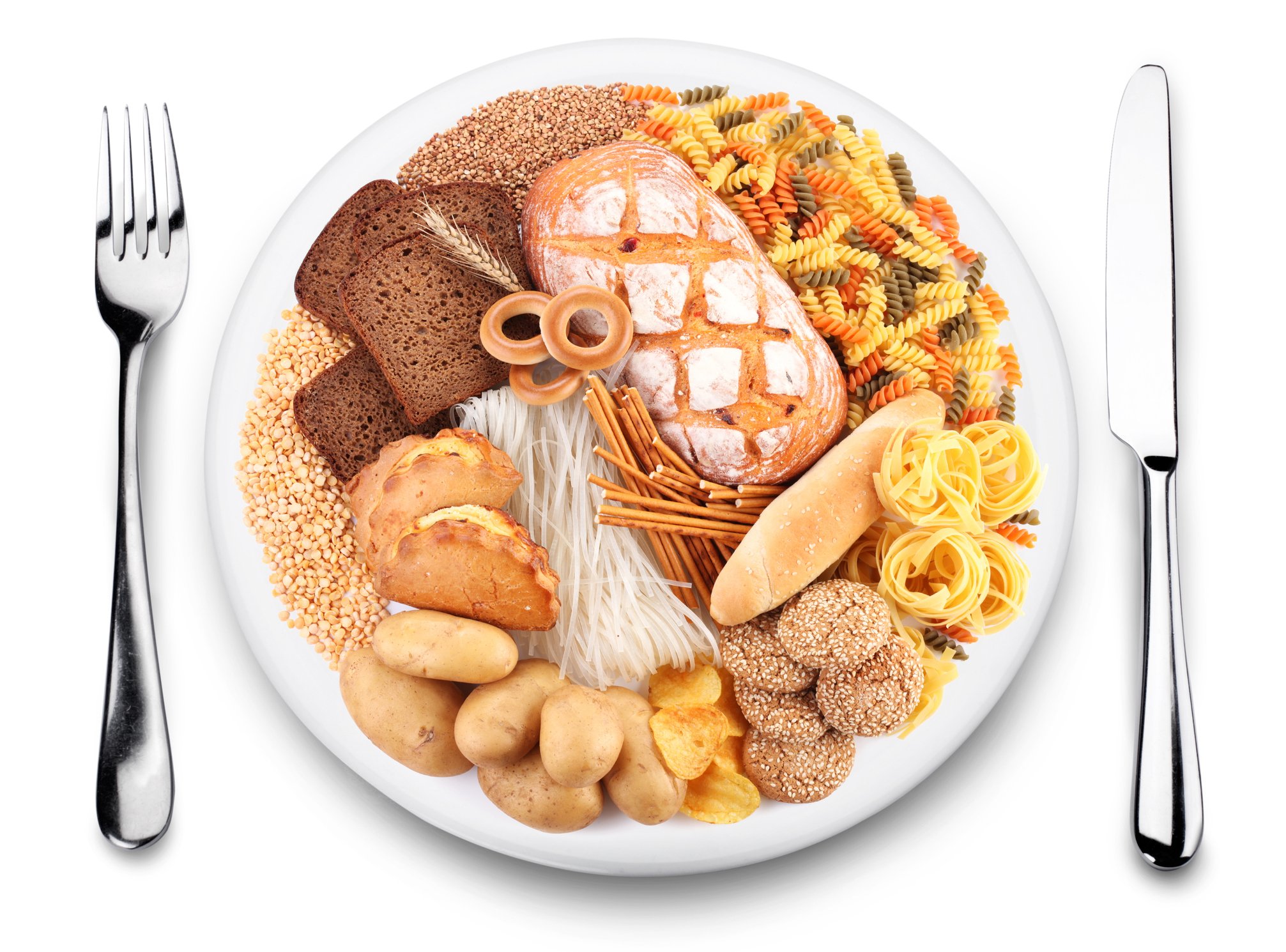
These include pasta, bread, potatoes and bakery products. Simple or refined carbohydrates have a low glycaemic index, which means that they are rapidly converted into sugars, causing your blood sugar levels to spike rapidly.
This, in turn, affects your insulin levels, disrupts your hormonal balance and ovulation, causes inflammation and generally plays havoc with your fertility.
Insulin is a hormone produced by the pancreas to help metabolise what we eat.
When we eat too many of the “wrong” foods, our pancreas produces excessive amounts of insulin, and it is mostly excessive levels of this hormone which have a detrimental effect on ovulation.
3. Trans fats
These are also known as trans fatty acids and may appear as partially hydrogenated oils’ or mono and diglycerides of fatty acids on food labels. They are cheap and add flavour to foods, which makes them popular and challenging to avoid.
They are found in processed foods like:
- Pizzas
- Pies
- Ready meals
- Fried foods such as chips and French fries
- Industrial bakery goods such as doughnuts, cakes, biscuits and bread
- Ice-cream
- Most fast foods
- Vegetable oils, margarine and shortening
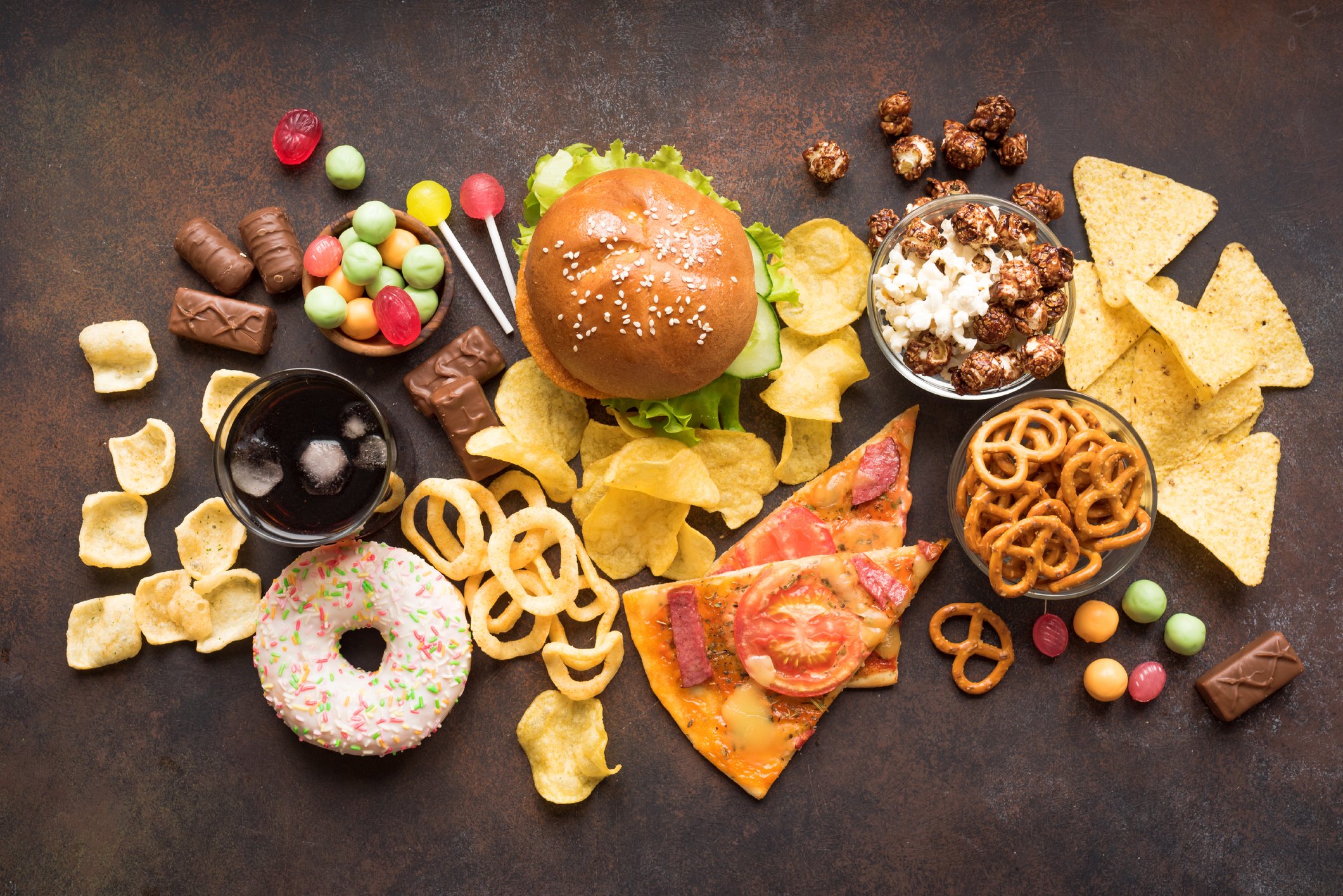
Trans fats lower female fertility because they cause insulin resistance, inflammation and an increased risk of anovulation (when no egg is released at the time of ovulation)
4. Low-fat dairy
If you choose to include dairy products in your diet, make sure these are full-fat, as the process of removing fat from milk can leave behind androgens, a type of sex hormone that interferes with women’s menstrual cycles and which can increase the risk of the polycystic ovarian syndrome and female infertility.
5. Processed soy
In its natural form (e.g. tempeh, edamame beans) or fermented form (e.g. miso paste), soy is healthy, but highly processed soy products are bad news for female fertility.
This is because processed foods, such as certain energy bars and protein shakes, contain large amounts of soy protein isolate, which deliver a massive dose of phytoestrogens (a substance that mimics oestrogen in your body) compared to what you would typically have in a serving of, say, tempeh.
Excess phytoestrogens can disrupt women’s hormonal balance.
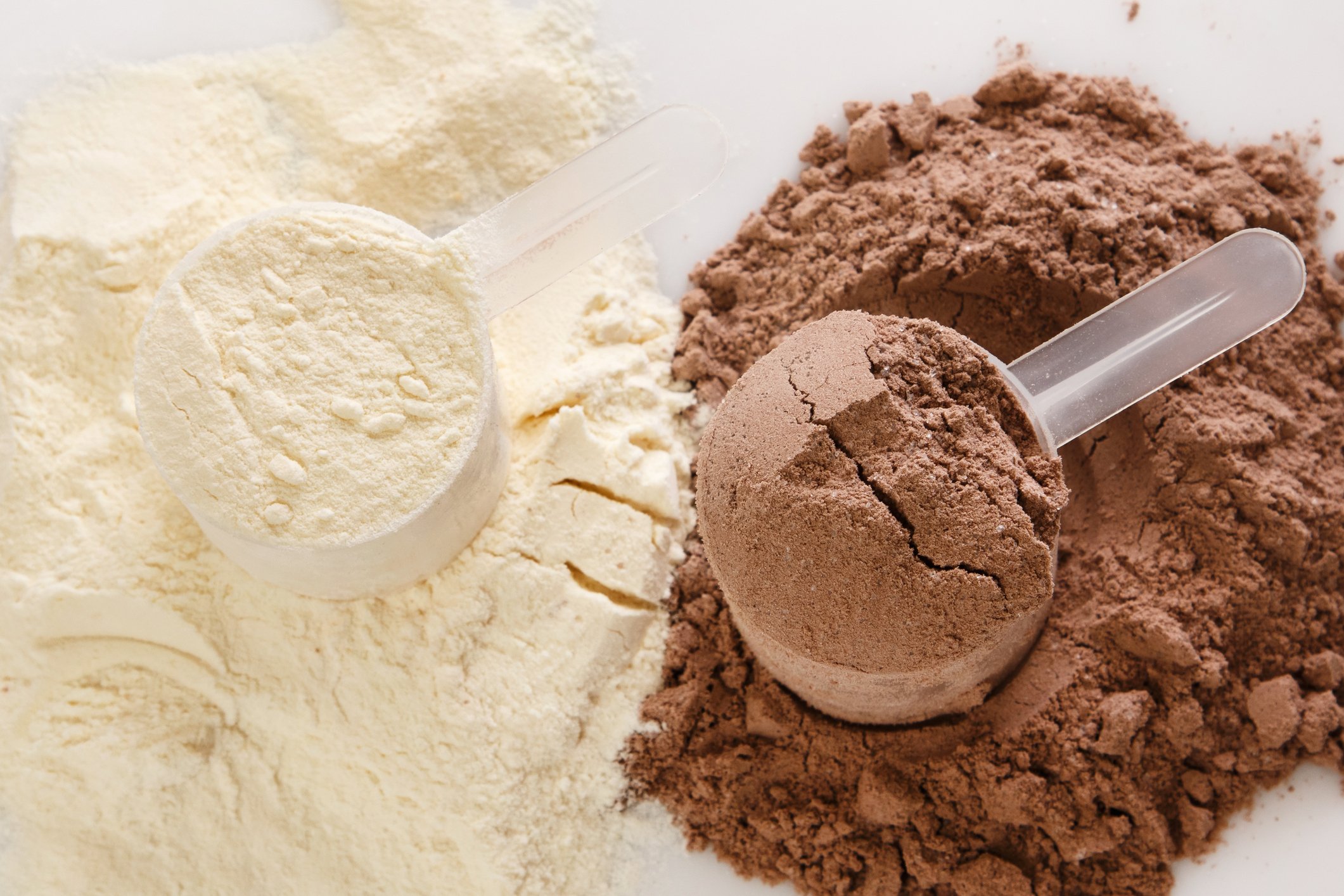
6. Pesticides
These can disrupt bodily functions, including hormonal functions. Consumption of certain pesticides has been linked to reduced fertility and poorer pregnancy outcomes.
Buying organic produce whenever possible significantly reduces your exposure to pesticides.
If this is not possible, wash all fresh produce thoroughly under running water (no soap) and dry it, peel or remove the outer leaves/layers of foods such as cabbage or lettuce, and trim the fat and skin from meat, poultry and fish - this can all help minimise the pesticide residue on the foods you eat.
Summary
What you eat can significantly impact your chances of conceiving a baby. There are easy changes you can make to boost your fertility and improve your health in preparation for pregnancy and motherhood.
Switching back to simple, ‘real’ foods and cooking your meals from scratch can have a significant, positive impact on your health and your fertility. For more information on trying to conceive, visit our Trying to Conceive hub and look at our Pre-conception Kit.
